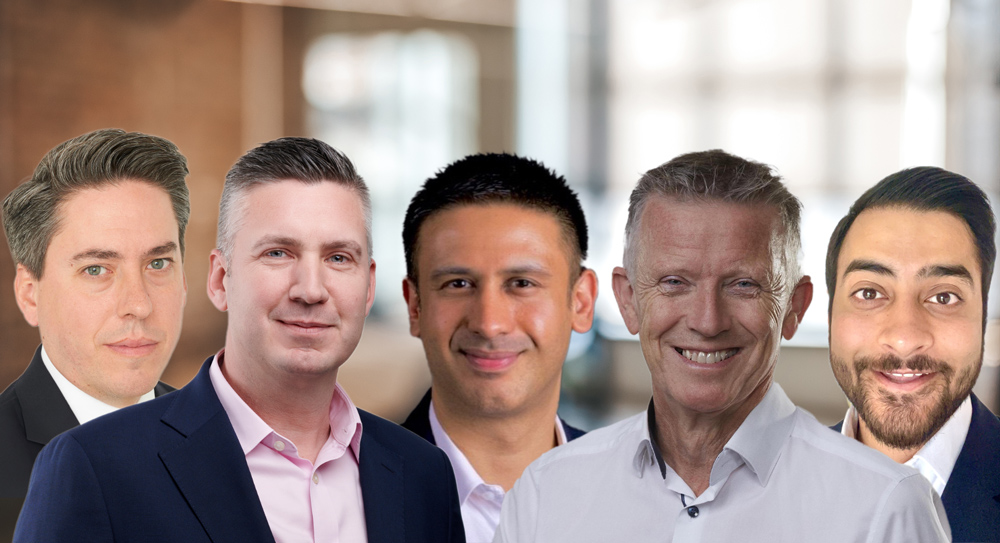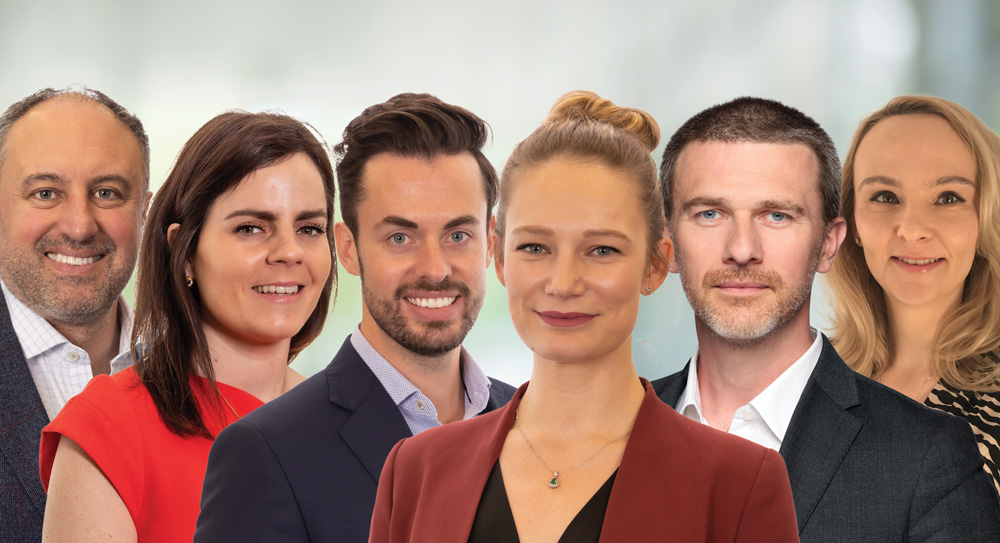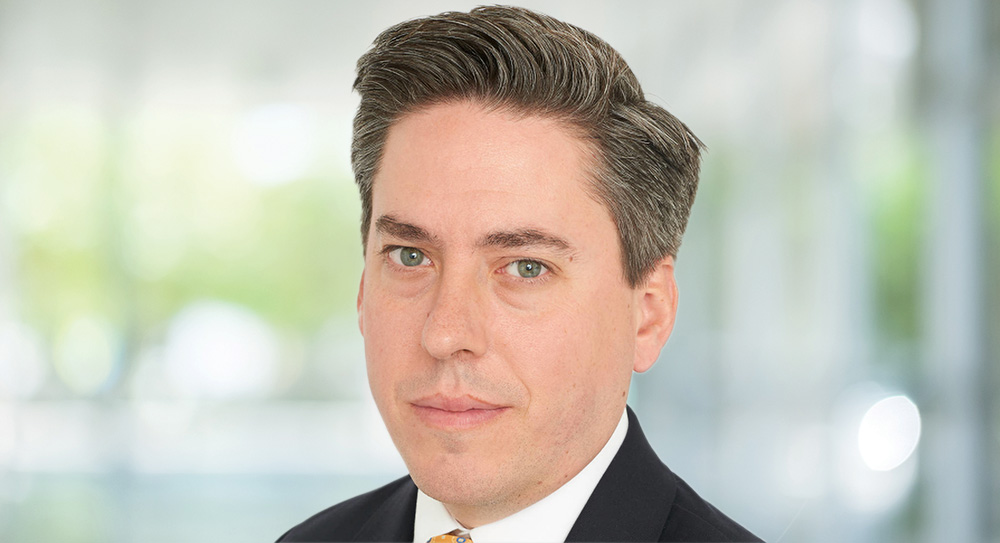Avocado toast and carry
"No one wants to work anymore.” (Various newspapers from 1894, 1905, 1916, 1922, 1937, 1940, 1952, 1969, 1979, 1981, 1999, 2006, 2014 and 2022, as verified by Snopes.)
Growing a...
Categories: AnalysisESGESG policyHuman CapitalHR / talent managementRecruitmentWellbeing






